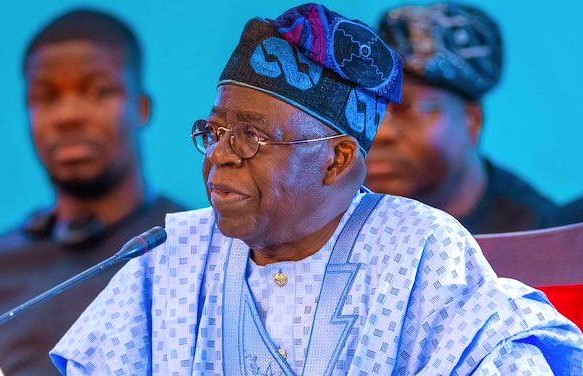
Bola Tinubu Executive Order for Nigeria’s Healthcare Sector

President Bola Tinubu recently signed an Executive Order to boost local production of healthcare products, receiving widespread approval from pharmacists and NAFDAC. Moreover, this initiative marks a significant shift in Nigeria’s approach to healthcare, as it aims to reduce dependency on imports and thus stimulate local manufacturing.
A Transformative Move from President Bola Tinubu

Coordinating Minister of Health and Social Welfare, Prof. Muhammad Pate, announced that the Executive Order is part of the Presidential Initiative for Unlocking the Healthcare Value Chain, approved in October 2023. Specifically, this order focuses on increasing local production of essential healthcare products, including:
- Pharmaceuticals
- Diagnostics
- Medical devices (e.g., needles and syringes)
- Biologicals
- Medical textiles
Prof. Pate emphasized that this initiative not only revitalizes the Nigerian health sector but also ensures local manufacturers can compete globally by reducing production costs through strategic policy measures.
President Bola Tinubu Key Provisions of the Executive Order
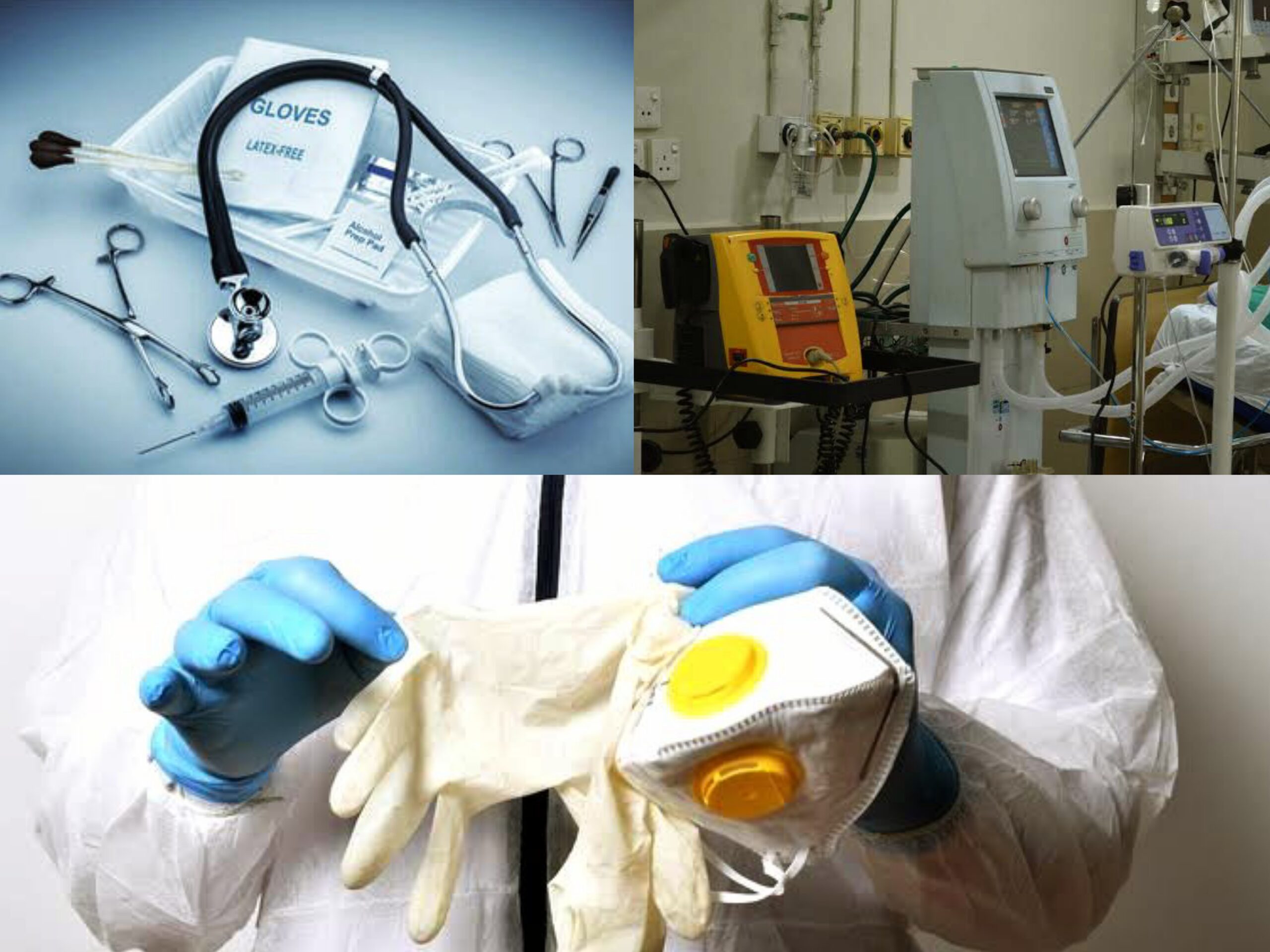
One of the most significant aspects of the Executive Order introduces zero tariffs, excise duties, and VAT on specific machinery, equipment, and raw materials, including:
- Active Pharmaceutical Ingredients (APIs)
- Excipients
- Raw materials for essential health products such as syringes, needles, Long-lasting Insecticidal Nets, and Rapid Diagnostic Kits
These incentives lower production costs, enhance competitiveness, and also promote local manufacturing. Moreover, the order provides market-shaping mechanisms, such as framework contracts and volume guarantees, to stabilize and predict local manufacturing.
Bola Tinubu Implementation and Regulatory Framework

Furthermore, the Executive Order mandates collaboration among the Ministers of Health, Finance, and Industry, Trade and Investment to develop a Harmonized Implementation Framework. This framework aims to:
- Expedite regulatory approvals
- Reduce bureaucratic bottlenecks
Agencies like the Nigeria Customs Service, NAFDAC, the Standards Organisation of Nigeria, and the Federal Inland Revenue Service are working together in order to ensure swift implementation, including special waivers and exemptions that will be effective for two years.
Industry Reactions
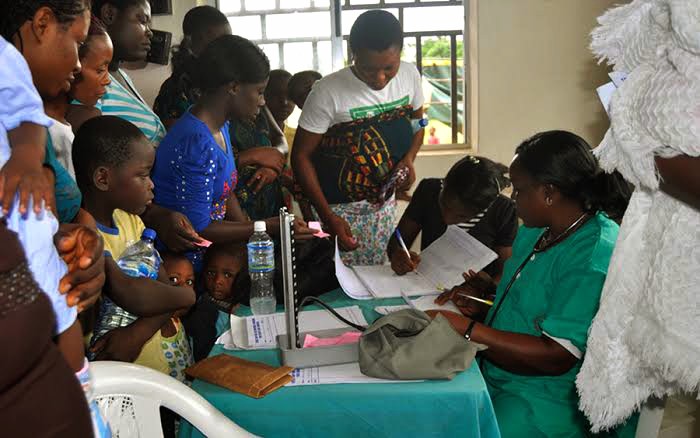
Pharmacists’ Perspective
Adewale Oladigbolu, the National Chairman of the Association of Community Pharmacists of Nigeria praised the Executive Order, stating it would eventually stabilize drug prices. He further emphasized that this stability is crucial for both manufacturers and consumers, ensuring consistent access to affordable medications..
Stephen Esumobi, Director of Enforcement at the Pharmacy Council of Nigeria, highlighted the order’s potential to:
- Improve capacity utilization in local pharmaceutical industries
- Increase employment opportunities within the sector
- Reduce medicine costs, leading to lower prices for consumers
Esumobi further noted that the order’s long-term benefits could prompt the government to consider extending the policy, thereby fostering sustainable growth in the pharmaceutical industry.
Former Leaders in the Pharmaceutical Sector
Ahmed Yakasai, former President of the Pharmaceutical Society of Nigeria and Advisor to the Nigeria Sovereign Investment Authority described the Executive Order as a positive step towards building a robust local pharmaceutical ecosystem. Moreover, he emphasized the need for resilience, innovation, and collaboration in developing a thriving local pharmaceutical manufacturing sector.
Yakasai outlined several challenges, including:
- Infrastructural deficiencies
- Streamlining bureaucratic processes
- Creating a conducive business environment
He stressed the importance of investing in research and development. Additionally, he emphasized the significance of empowering local entrepreneurs and cultivating a skilled workforce to ensure successful local manufacturing.
The Role of NAFDAC

Additionally, Prof. Mojisola Adeyeye, Director General of NAFDAC, underscored the significance of the Executive Order in addressing longstanding challenges within the healthcare sector. She noted that the Nigeria Health Sector Renewal Investment Initiative aims to:
- Improve health outcomes for Nigerians
- Address systemic challenges within the healthcare industry
Adeyeye highlighted that local production of healthcare products not only enhances availability but also ensures these products meet high standards of safety and efficacy.
Economic Implications
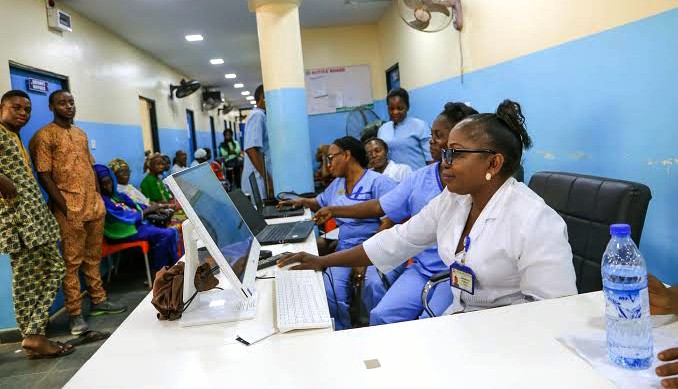
The Executive Order’s focus on import substitution aims to yield several economic benefits, including:
- Job creation: Increased local manufacturing will create numerous employment opportunities within the healthcare sector.
- Economic growth: By reducing dependency on imports, Nigeria can also retain economic value within the country, stimulating growth in related industries.
- Cost reduction: Lower production costs will translate into more affordable healthcare products, also benefiting consumers and healthcare providers alike.
The market-based incentives in the order effectively encourage medical industrialization, thereby further bolstering Nigeria’s position in the global healthcare market.
Challenges and Opportunities
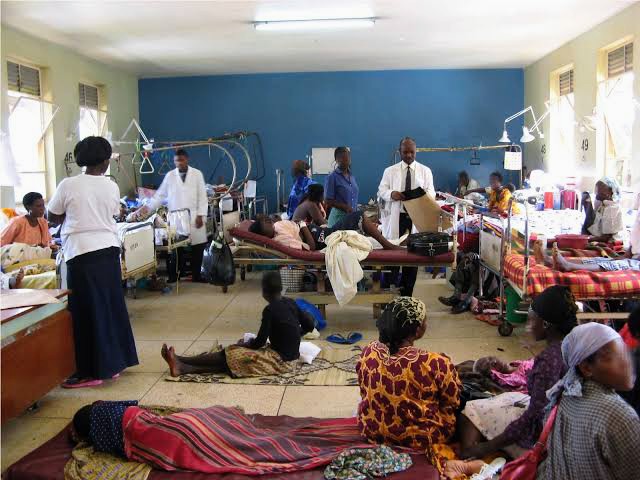
While the Executive Order represents a significant step forward, several challenges need addressing to ensure success:
- Infrastructure: Adequate infrastructure is essential to support local manufacturing. Investments in power, transportation, and technology are also crucial to facilitate efficient production processes.
- Regulatory environment: Streamlining bureaucratic processes and expediting regulatory approvals foster a business-friendly environment. Additionally, collaboration among regulatory agencies will minimize delays.
- Research and Development: Investing in R&D is critical for developing innovative healthcare products and staying competitive in the global market. Also, support for local researchers and scientists is essential in this regard.
- Workforce development: Training and development programs are also necessary to build a skilled workforce capable of meeting the demands of the evolving healthcare sector.
Despite these challenges, the Executive Order presents unprecedented opportunities for Nigeria’s healthcare industry. By specifically focusing on local production of APIs and excipients, Nigeria can significantly reduce its reliance on imports, while also creating jobs and stimulating economic growth.
The Path Forward
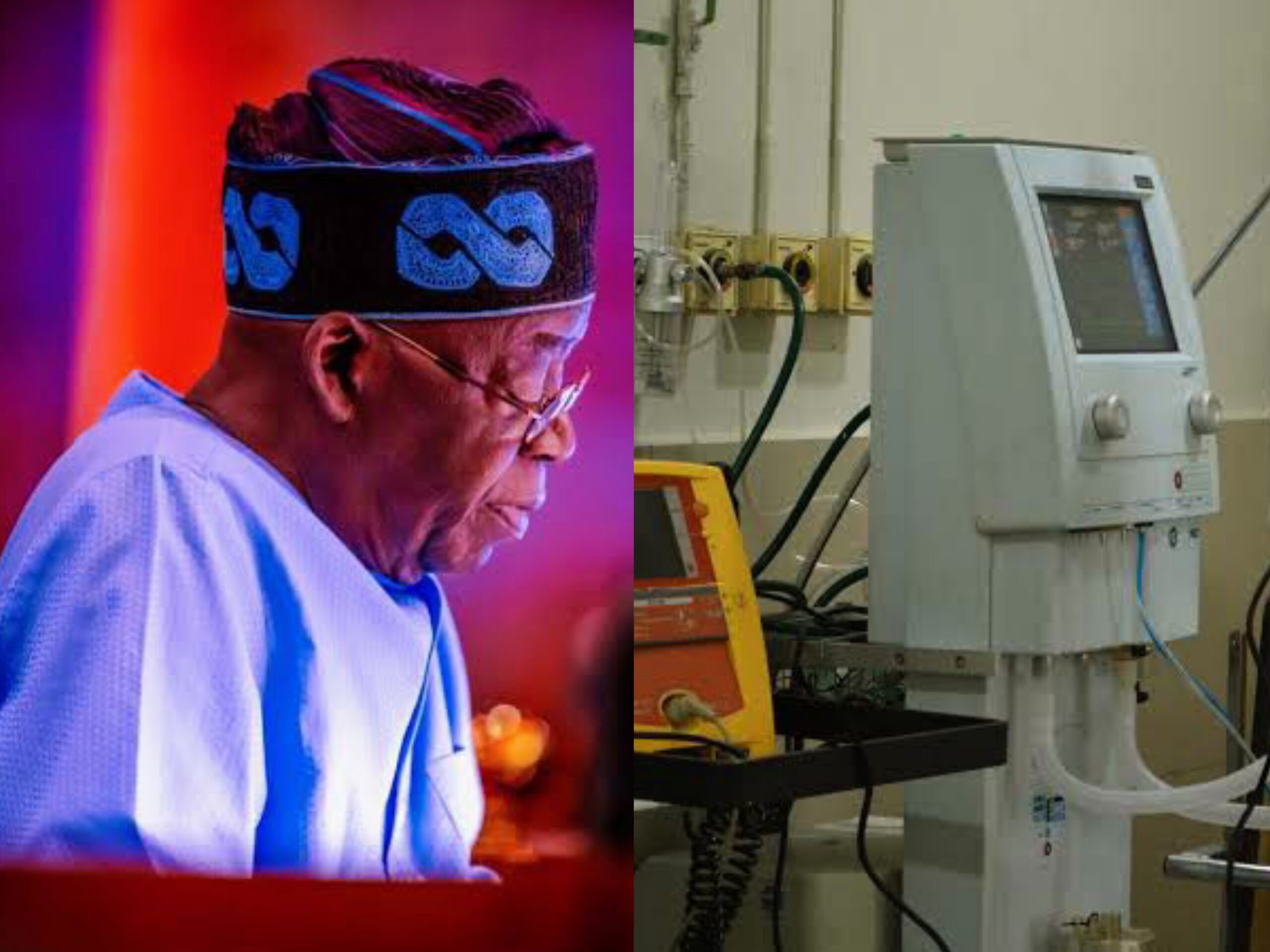
As Nigeria embarks on this transformative journey, stakeholders across the healthcare sector must harness their collective strengths. Indeed, building a sustainable local manufacturing ecosystem requires collaboration between government agencies, industry players, and research institutions.
Key focus areas include:
- Infrastructural improvements: Addressing deficiencies in infrastructure to support efficient production and distribution.
- Business environment: Creating a conducive environment for businesses through regulatory reforms and incentives.
- Sustainability: Prioritizing environmentally friendly manufacturing processes while also ensuring social responsibility within the industry.
- Public-private partnerships: Encouraging collaboration between the public and private sectors is crucial to drive innovation and investment in local manufacturing.
Overall

President Bola Tinubu’s Executive Order marks a new chapter for Nigeria’s healthcare sector, offering the potential to revolutionize local production and reduce reliance on imports. By addressing systemic challenges effectively and fostering a supportive regulatory environment, the order will significantly enhance the competitiveness of local manufacturers while ultimately improving health outcomes for Nigerians.
As stakeholders collaborate to implement this ambitious initiative, the future of Nigeria’s healthcare industry looks promising, with increased local production, job creation, and economic growth. Ultimately, the success of this initiative depends on sustained collaboration, investment, and commitment to building a resilient and innovative healthcare ecosystem.
Click here to get more news on President Bola Tinubu
Related Topics
NDLEA and ALGON Join Forces to Combat Drug Abuse
Tinubu News: Eight New Permanent Secretaries Appointed to Improve Governance
Cholera Outbreak in Nigeria: Rising Death Toll and Vaccine Shortage


